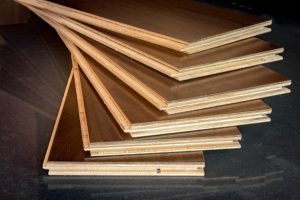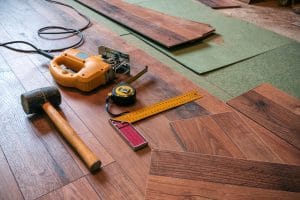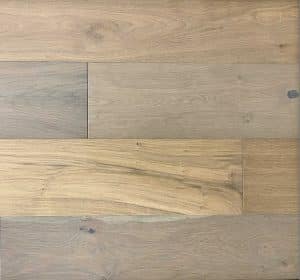For most people, a home is their biggest investment, which leads them to wonder if there are any tax benefits to doing home repairs and making home improvements. At SMIFD, we have many customers ask us if they can deduct their flooring costs from their taxes. While we are flooring experts, not tax experts, we do know that floors may help reduce your taxes, in certain circumstances. Generally, you cannot take a tax break when you make a repair or improvement, but you may be able to tax that break when you sell your home.
Floors fall under the category of capital improvements to your home. Capital improvements get to be added to the original price you paid for your home, which is then subtracted from the sale amount in order to determine how much profit you made. You may be taxed on that profit, depending on whether the profit exceeds federal or state tax guidelines. Generally, home repairs, which include routine maintenance, do not count as capital improvements, but if you have to replace your floors because of a leak or other damage, they will probably still count as a capital improvement.
This will not benefit every seller. Married couples filing jointly do not have to pay taxes on the first $500,000 in profit on the sale of a home that they occupied for at least two of the five years leading up to the sale, which means that, for most of us, the cost of floors in our primary residence is not going make a difference in whether we are paying taxes on the profits.
However, if you own investment properties or have flipped homes, the costs of capital improvements could make a big difference in your ultimate tax liability. You will get to include capital improvements like floors in your adjusted cost that you use to figure out your total profit on the sale of the home. In addition, if you own rental properties or use part of your home to operate a business, you may be able to deduct part or all of the cost of new flooring in the year that it is purchased.



